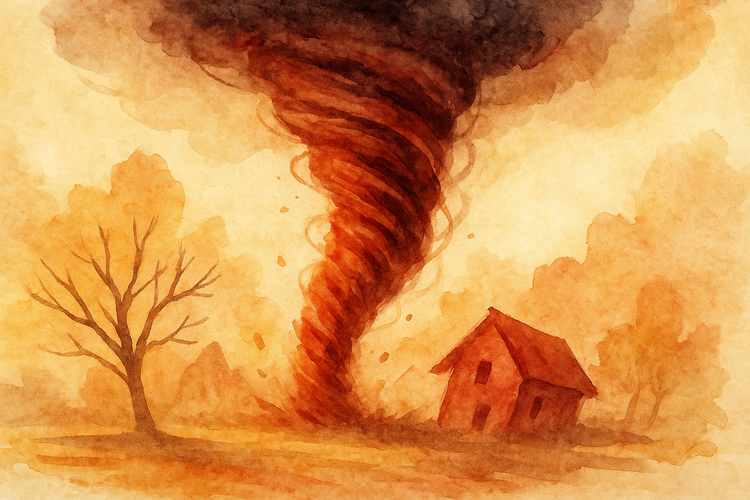The Bear S1E3 "Brigade"

Spoilers ahead for Season 1 of The Bear.
Searching for Stillness
“Brigade” opens and closes with Carmy at the lake, water rippling in patient silence. He is searching for calm not only beyond the kitchen’s din but beyond the noise in his own head. Between those quiet shores, he slips into the back row of an Al‑Anon meeting, choosing to observe rather than speak. It’s a tentative gesture, a way of testing whether another kind of order is possible. At The Beef, each day unravels into chaos: dropped stock, flaring tempers, Richie’s heckling. Carmy knows instinct isn’t enough to hold the place together. He needs a foundation — strong enough to steady him, but gentle enough not to repeat the cycles that already claimed too much.
The Weight of the Brigade
When Carmy invokes the “brigade,” he is reaching back to Auguste Escoffier’s century‑old kitchen hierarchy. Modeled on the military, the brigade promised efficiency and precision: each station answering to the one above, discipline keeping disorder at bay. But kitchens are not barracks, and what began as order too often hardened into cruelty. Sydney senses this immediately. To her, “brigade” risks turning The Beef into another hostile workplace. Carmy insists it can be different, that structure need not come with abuse. The word becomes a fault line — tradition and trauma bound up in the same syllables.
Listening and Resistance
Sydney, wary but idealistic, voices her doubts but ultimately chooses to listen, offering Carmy a trust he has not yet returned. That choice matters: it models the openness she later asks of him. Perhaps she recognizes in Carmy both brilliance and damage, and risks belief in the former. Richie, by contrast, mocks the idea outright, clinging to chaos because it keeps him central. Between Sydney’s cautious faith and Richie’s corrosive cynicism, Carmy hangs between two futures — one where respect reshapes the brigade, and one where nothing changes at all.
Growth and Sabotage
Elsewhere in the kitchen, the same tension plays out in subtler forms. Marcus, inspired by one of Carmy’s books, begins to experiment with desserts, stretching beyond routine prep toward something like craft. His curiosity hints at what a different culture might nourish. At the same time, Tina sabotages Sydney’s stock — not simply an act of pettiness, but of fear, a defense of old hierarchies that resent intrusion. In one corner, creativity blooms; in another, resistance festers. Carmy’s vision cannot remain an abstraction. It has to withstand these daily acts of growth and regression.
A Different Kind of Brigade
By the episode’s close, Carmy and Sydney find themselves in quiet conversation. She has been cut, spilled on, undermined, yet still presses the point: if this place is to change, they must listen to each other. Carmy admits he went to Al‑Anon, half confession, half aspiration, and Sydney teases him lightly. It is a fragile exchange, but one that reframes the brigade — less a chain of command, more a practice of mutual regard. She has already listened to him; now she asks that he do the same.
Order Without Cruelty
“Brigade” ends where it began, with Carmy by the lake, the water carrying quiet balance. The brigade he imagines is never just about food; it is the avatar of his own healing, a test of whether he can shape discipline without cruelty, whether he can create order without echoing the cycles of silence and denial that shadowed his brother’s life and still threaten to engulf him. Nothing is settled, but something has shifted. The possibility of a different kind of kitchen — and a different kind of self — flickers like reflection on the water, fragile but real.



Comments ()